members
this is us.
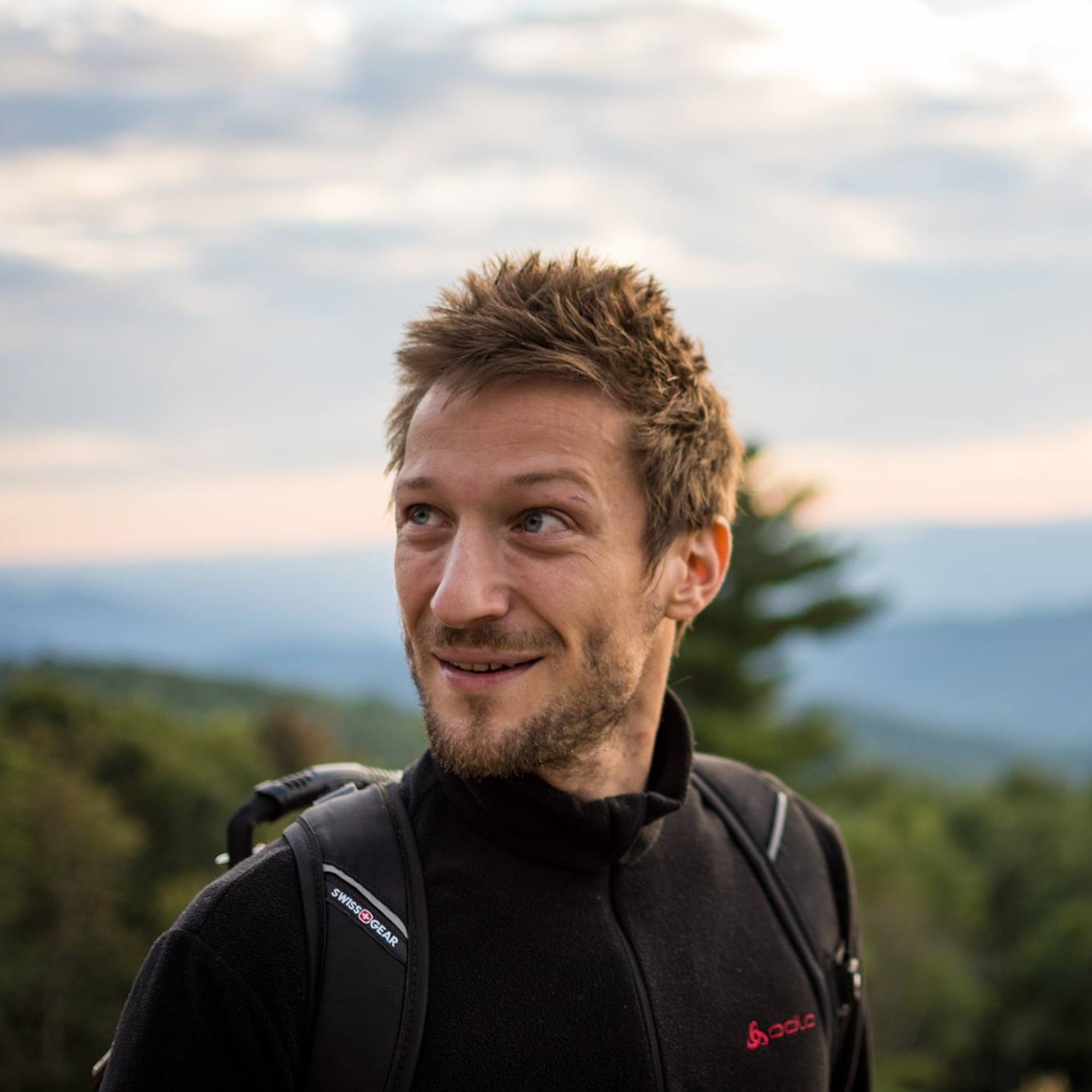
Georg Oeltzschner, PhD
Principal Investigatorgoeltzs1 (at) jhmi.edu
@oeltzschner
https://www.hopkinsmedicine.org/profiles/details/georg-oeltzschner
schorschinho
Scholar Citations
orcid.org/0000-0003-3083-9811
Curriculum vitae (PDF)
I grew up in a quiet town in the Rhineland, Germany, and studied physics at Heinrich-Heine-Universität in Düsseldorf (despite spending my formative years dreaming about becoming a paleontologist due to an early love for dinosaurs). After graduation, I went on to staff the media department at Fortuna Düsseldorf for a year, fulfilling a career dream of working in sports journalism, before re-discovering that I wanted to be a scientist after all.
Fortunately, I found an opportunity to do a PhD with Prof. Alfons Schnitzler at the Institute of Clinical Neuroscience and Medical Psychology at the University Hospital in Düsseldorf, before moving to Johns Hopkins University for a postdoctoral fellowship with Richard Edden and Peter Barker. Six years later, I am still in Baltimore, now as Assistant Professor, and utterly thankful for all the wonderful serendipity and exceptional mentorship that brought me to this place and this position.
My primary interest is to create an environment in which my team and I can enjoy working on interesting research questions and building useful tools, while supporting and encouraging each other’s personal and professional growth.
In my free time, I still spend a questionable amount of time watching, reading, and thinking about football (the variety played with your feet). I love getting around Baltimore and its beautiful surroundings on my roadbike. Weekends frequently feature coffee, podcasts, Spotify playlists, cooking, reading, and meeting friends in nice green or water-adjacent places around town. Finally, I consider myself an enthusiastic and passionate, but hopelessly pathetic amateur woodworker.
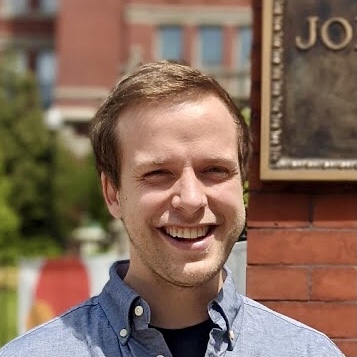
Helge Zöllner, PhD
Postdochzoelln2 (at) jhmi.edu
@HelgeZollner
https://hjzollner.github.io/
HJZollner
Scholar Citations
orcid.org/0000-0002-7148-292X
Curriculum vitae (PDF)
My interest in MR was awoken by stumbling upon a brochure of a newly established study program ‘Medical Physics’ in Düsseldorf with intriguing pictures of whole-body MRI scans and the idea of studying the advancing field of medical research. During my undergrad years, I was introduced to MR spectroscopy and quantitative imaging under supervision of Prof. Hans-Jörg Wittsack and Georg Oeltzschner at the Institute of Diagnostic and Interventional Radiology at the University Hospital Düsseldorf. Luckily, I was introduced to Prof. Alfons Schnitzler, who gave me an opportunity to do a PhD about metabolic imaging and spectroscopy in hepatic encephalopathy at the Institute of Clinical Neuroscience and Medical Psychology. After finishing my PhD in 2019, I’ve started my postdoctoral fellowship at Johns Hopkins University, working together with Richard Edden, Georg Oeltzschner, and Peter Barker. My research as postdoctoral fellow is focused on the detection of brain metabolites using conventional and edited magnetic resonance spectroscopy, as well as spectroscopic imaging. My particular interest is to develop and standardize methods to detect low-concentration metabolites, such as the main inhibitory neurotransmitter GABA, ascorbate, glutamine, and glutathione. Recently I have worked together with Georg Oeltzschner on the development of the open-source MRS data analysis toolbox Osprey. This project is focused on the standardization of processing and quantification of MRS data, as well as investigating the performance of the underlying algorithms to better understand the modelling process. During this effort I did also develop an R-based open-source toolbox for transparent data visualization SpecVis. When I’m not coding, I’m an outspoken podcast- and coffee-junkie. Pre-pandemic activities included visiting concerts and festivals with friends and occasional rock climbing, recently replaced with increasing passion for cooking.
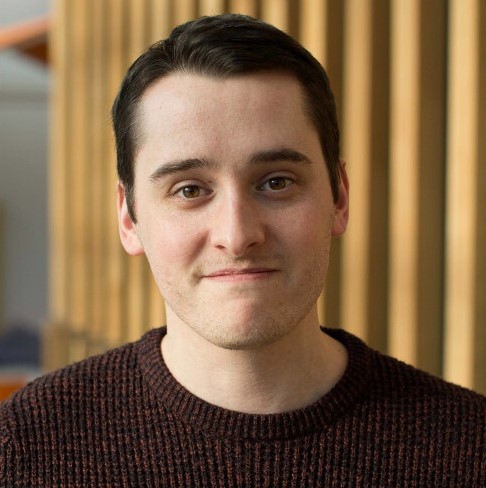
Chris Davies-Jenkins, PhD
Postdoccdavies9 (at) jhmi.edu
@“CWDaviesJenkins”
CWDaviesJenkins
Scholar Citations
orcid.org/0000-0002-6015-762X
Curriculum vitae (PDF)
I grew up in Swansea, South Wales, and it was at my hometown university that I completed my undergraduate masters degree in physics. While my dissertation focussed on Black Hole radiation, ironically it was MR physics that I more strongly gravitated towards. In 2014, I was fortunate enough to begin a PhD under the supervision of Prof. Sophie Shermer, focussing on quantitative methods in MR. We worked to develop phantom-based studies in relaxometry and MR spectroscopy(MRS), and — in collaboration with Dr. Frank Lanbein and Dr. Max Chandler at Cardiff University — we developed quantification and RF optimization methods for MRS. After completing my PhD in 2018, I joined the Cardiff University Brain Research Imaging Center (CUBRIC) as the MRS fellow on their large multimodal brain imaging project, WAND. At CUBRIC, I worked to develop data processing and analysis pipelines for WAND and several other MRS projects. I also aided in the implementation of diffusion-weighted MRS (dwMRS) at CUBRIC, developing data processing strategies for dwMRS, particularly when utilizing ultra-strong gradient systems. In March 2022 I joined Johns Hopkins University as a post-doctoral research fellow, under the supervision of Georg Oeltzschner. Much like the rest of the lab, my research interest is to develop acquisition, processing and analysis methods for MRS, and its emerging subsidiary fields. In particular, I hope to aid Georg Oeltzschner and Helge Zöllner in the development and maintenance of the open-source MRS data analysis toolbox, Osprey. At home, I spend my time on video games and Netflix, and where I can, traveling, walking, and systematically eating my way through every restaurant of Baltimore.
students
alumni
collaborators
- InPuts lab
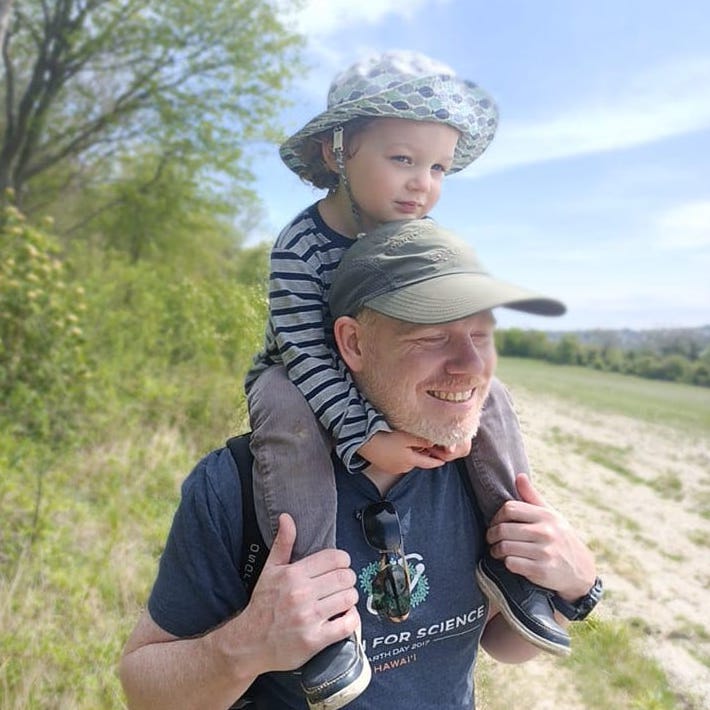 Department of Forensic and Neurodevelopmental Sciences, Institute of Psychiatry, King’s College London, United Kingdom
Department of Forensic and Neurodevelopmental Sciences, Institute of Psychiatry, King’s College London, United Kingdom
https://www.inputslab.comThe Sensory Inputs Lab (led by Dr. Nicolaas Puts) investigates how our brain processes sensory information, how cortical processes relate to our behavioral perception of sensations, and how this leads to our externalized behaviors in health and disease. We use advanced edited MRS methods developed at Johns Hopkins (including multiplexed editing approaches such as HERMES and HERCULES), and apply these methods in health and clinical conditions, adults and children. We have expertise with children with autism, ADHD (3T and 7T, Tourette syndrome 3T and 7T, as well as adults e.g. with pain syndromes. We combine MRS with other imaging or behavioural approaches to link these measures with brain metabolism (GABA & Glu function) including EEG, TMS, and sensory/cognitive measures.
- Deborah A. Barany
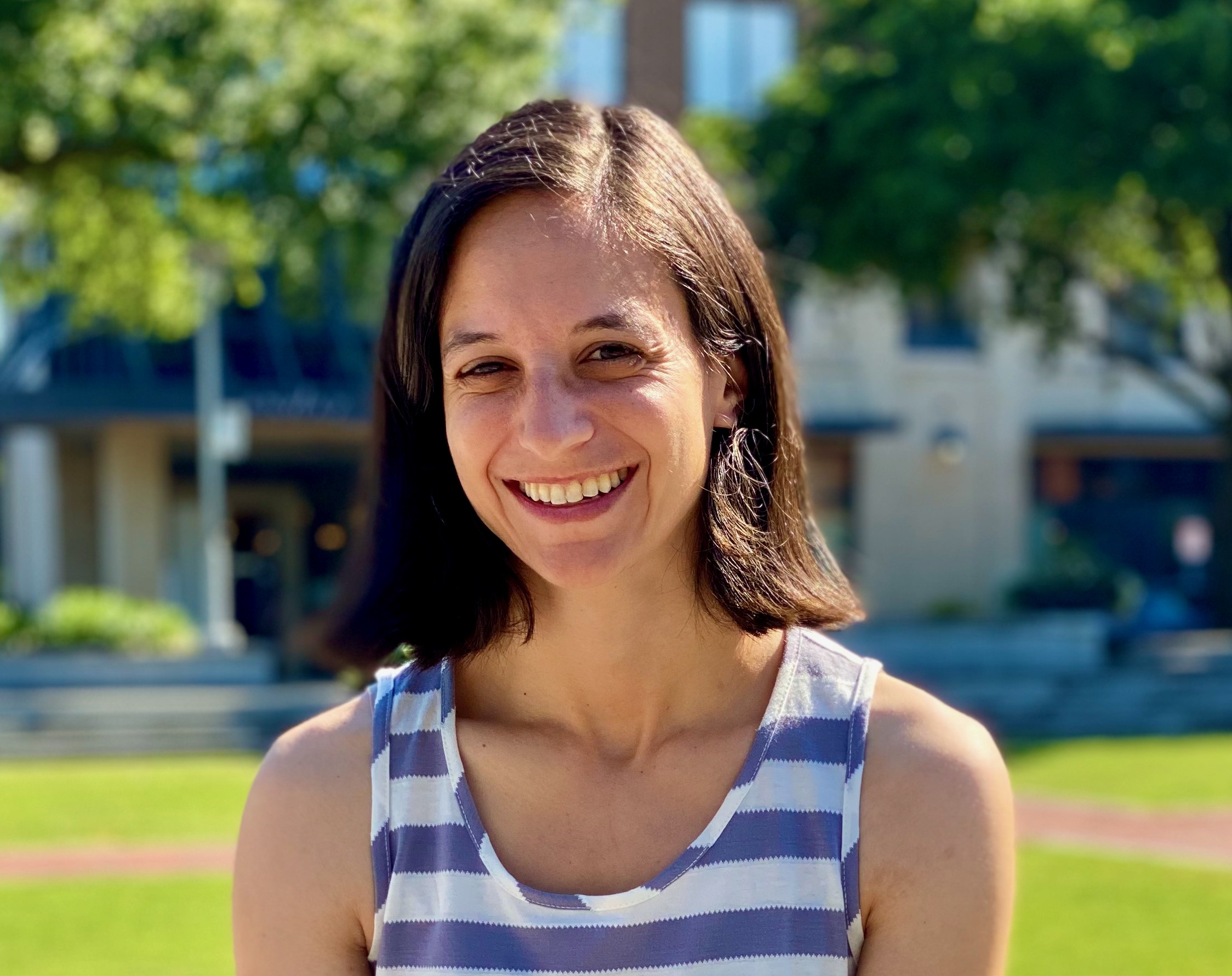 Department of Kinesiology, University of Georgia, Athens, GA
Department of Kinesiology, University of Georgia, Athens, GA
https://people.coe.uga.edu/deborah-barany/Deborah Barany directs the Brain and Action Laboratory and co-directs the Neurostimulation Laboratory in the Department of Kinesiology at the University of Georgia. Her research focuses on the neural mechanisms underlying goal-directed movement, using a combination of behavioral (movement kinematics, eye-tracking), neuroimaging (fMRI, MRS) and neurostimulation (TMS) methods. She is particularly interested in using MRS to investigate the role of GABA in visuomotor control, and to characterize brain metabolism in different neurological conditions affecting motor function (e.g., TBI, cerebral palsy).